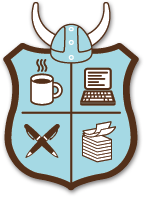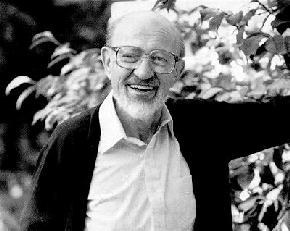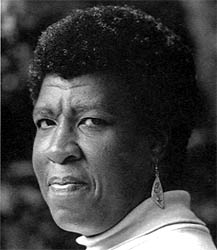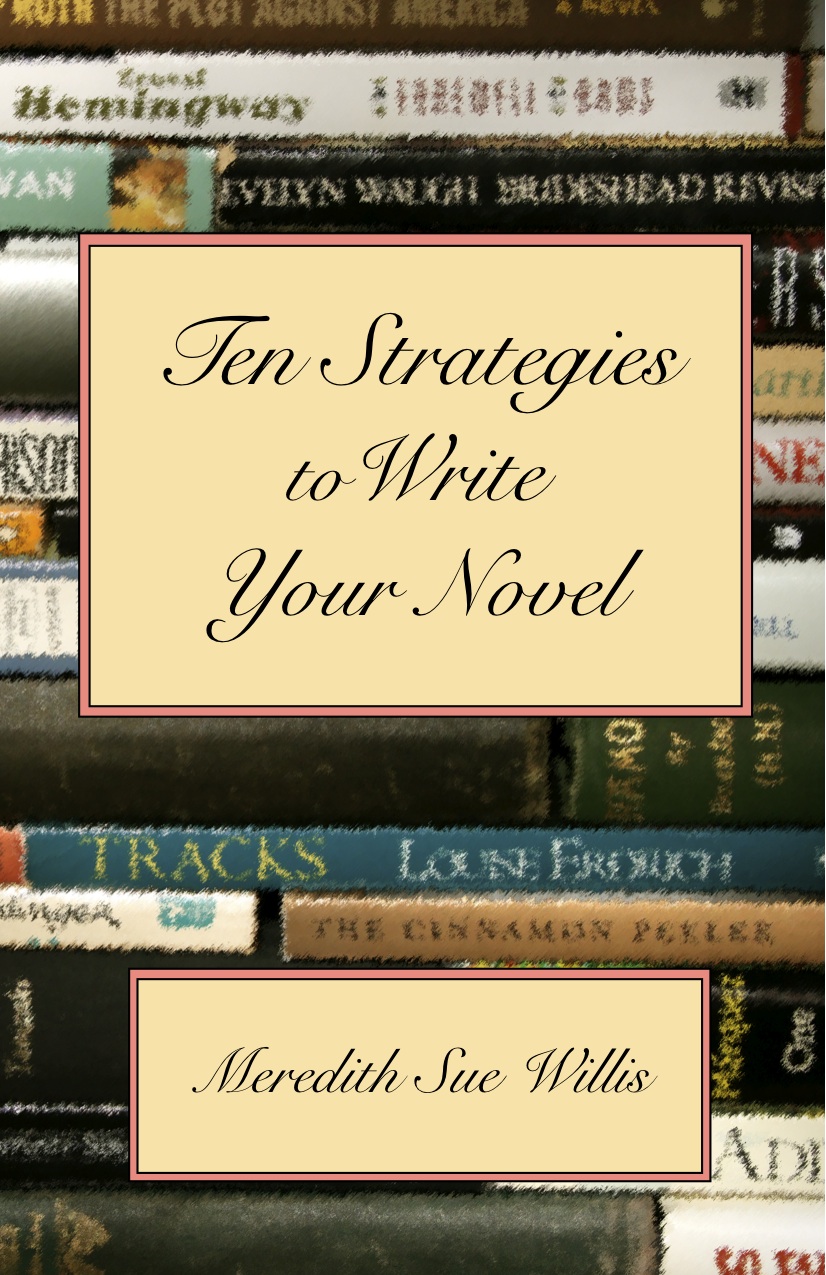Jump Start your Novel
Today is Updated 10-28-17
Check out National Novel Writing Month--Some people swear by it...
A Few Interesting Novelists... Do you know their work?
Pat Barker Howard Fast Kasuo Ishiguro Octavia Butler Toni Morrison
Jump Start your Novel
Jump-Start Your Novel WRIT2-CS9002-001
New York University School of Continuing and Professional Studies
Saturday, October 28, 2017
1:00 PM - 5:00 PM
Room 1015 Midtown Center, 11 W. 42nd Street
Meredith Sue Willis MeredithSueWillis@gmail.com
Instructor: Meredith Sue Willis
E-mail: MeredithSueWillis@gmail.com
Instructor's home page: Meredith Sue Willis
Optional readings :
Pros and Cons of the Present Tense;
Crowd Control (group logistics);
Dialogue: The Spine of Fiction" (article by MSW about dialogue online at www.nycbigcitylit.com/contents/ArticleWillisPanel.html)
More readings below.
Rough Outline of Some Things
To Be Covered in the WorkshopI.
Welcome and Introduction– Micro & Macro in novel writing. Types of Novels. Separating PROCESS from PRODUCT, DRAFTING from EDITING, etc. How do we fit writing into time and place? How to keep or create a sense of the novel as a whole? Why is point of view so important in fiction? How do we judge fiction? What do we read? What kind of feedback do you find most useful?
II.
Importance of Sense Details (MICRO) Importance of concrete writing.
III. Some of the Things We Talk about When We Talk about Writing Novels: Terms for Fiction: Show versus tell, Dramatize versus narrate, Scene versus summary, Point of view: Omniscient, close third and many more, Process and Product, Flashback, etc.
IV. OUTLINING AND BEYOND
V. Dialogue and SCENE: Scene as the heart of the novel (MICRO AND MACRO)
VI. POINT OF VIEW [HANDOUTS– CHART, SAMPLES]
VII. How to fit writing into a life– What I need to write my novel.
VIII. Homework-- jumpstarting when you get home.
Meredith Sue Willis's website has resources for writers and lots more: http://www.meredithsuewillis.com
More Things to Read:
MSW's Book on Novel Writing!
Ten Strategies to Write Your Novel
(How to Write a Novel)
Bibliography of Books about writing
Notes on Point of View
Proof reader's marks
Some quotations about writing
MSW's "Articles for Writers" page.
Future of Book Publishing article from Wired
MSW's article "Seven Layers to Revising Your Novel" (November/December 2012 issue of The Writer Magazine.)
A Pro-Self-publishing piece
Elmore Leonard's Ten Rules for writers. You don't have to agree to be amused.
Phillip Roth and RIchard Wright and Virginia Woolf on writing.
Article on how authors get paid
"The Business of Books, by André Schiffrin," reviewed by Meredith Sue Willis (the status of publishing)
A funny poem by Billy Collins about workshopping.
Online fiction by MSW
Online Nonfiction by MSW
People don't turn themselves over to writers as full-blown literary characters– generally they give you very little to go on and, after the impact of the initial impression, are barely any help at all. Most people (beginning with the novelist– himself, his family, just about everyone he knows) are absolutely unoriginal, and his job is to make them appear otherwise. It's not easy. If Henry was ever going to turn out to be interesting, I was going to have to do it.
– Phillip Roth in Zuckerman's voice in Counterlife
I don't know if Native Son is a good book or a bad book. And I don't know if the book I'm working on now will be a good book or a bad book. And I really don't care. The mere writing of it will be more fun and a deeper satisfaction than any praise or blame from anybody.
-- Richard Wright, "How ‘Bigger' Was Born"
Killing the Angel in the House
It was she who used to come between me and my paper when I was writing reviews. It was she who bothered me and wasted my time and so tormented me that at last I killed her. You who come of a younger and happier generation may not have heard of her– you may not know what I mean by the Angel in the House. I will describe her as shortly as I can. She was intensely sympathetic. She was immensely charming. She was utterly unselfish. She excelled in the difficult arts of family life. She sacrificed herself daily. If there was chicken, she took the leg; if there was a draught she sat in it–in short she was so constituted that she never had a mind or wish of her own, but preferred to sympathize always with the minds or wishes of others. Above all– I need not say it– she was pure...And when I came to write I encountered her with the very first words. The shadow of her wings fell on my page; I heard the rustling of her skirts in the room. Directly, that is to say, I took my pen in hand to review that novel by a famous man, she slipped behind me and whispered: "my dear, you are a young woman. You are writing about a book that has been written by a man. Be sympathetic; be tender; flatter; deceive; use all the arts and wiles of our sex. Never let anybody guess that you have a mind of your own. Above all, be pure." And she made as if to guide my pen. I now record the one act for which I take some credit to myself, though the credit right belongs to some excellent ancestors of mine who left me a certain sum of money–shall we say five hundred pounds a year?– so that it was not necessary for me to depend solely on charm for my living. I turned upon her and caught her by the throat. I did my best to kill her. My excuse, if I were to be had up in a court of law, would be that I acted in self-defence. Had I not killed her she would have killed me. She would have plucked the heart out of my writing.
-- Virginia Woolf, From "Professions for Women," in The Death of the Moth and Other Essays, (New York: Harcourt Brace Jovanovich, 1970) 236-239.
Subscribe to Meredith Sue Willis's Free Newsletter
for Readers and Writers:
Send mail






